The Role of Quantum Mechanics in Modern Physics
Introduction
Quantum mechanics is a fundamental theory in physics that provides a description of the physical properties of nature at the scale of atoms and subatomic particles. It is the foundation of all quantum physics including quantum chemistry, quantum field theory, quantum technology, and quantum information science.

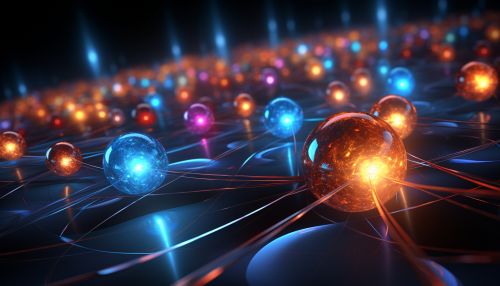
Historical Background
The development of quantum mechanics was initially motivated by two observational anomalies that could not be explained by classical physics, namely the black body problem and the photoelectric effect. The word quantum derives from the Latin meaning "how much". It was realised that the energy of an oscillating particle is quantised, it exists in discrete amounts, rather than the continuous range allowed in classical physics.
Principles of Quantum Mechanics
Quantum mechanics is a significant departure from classical mechanics in that it introduces fundamental changes to some of the basic principles of physics. These include the principle of superposition, the principle of uncertainty, and the principle of wave-particle duality.
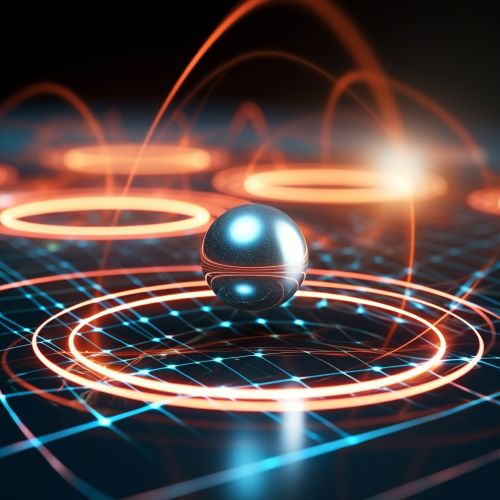
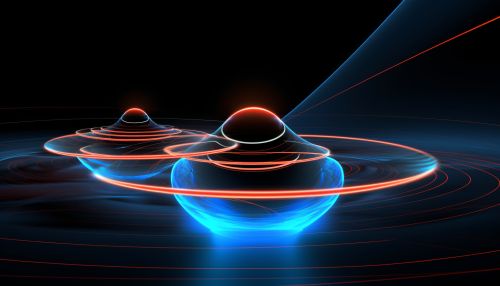
Superposition
The principle of superposition states that a physical system—such as an electron in an atom—exists partly in all its particular, theoretically possible states simultaneously; but, when measured or observed, it gives a result corresponding to only one of the possible configurations.
Uncertainty Principle
The uncertainty principle, also known as Heisenberg's uncertainty principle, states that the more precisely the position of a particle is determined, the less precisely its momentum can be known, and vice versa.
Wave-Particle Duality
Wave–particle duality is the concept in quantum mechanics that every particle or quantum entity may be described as both a particle and a wave.

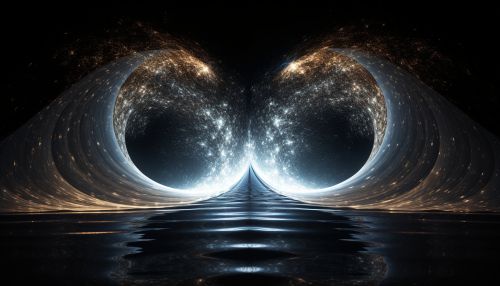
Mathematical Formulation
The mathematical formulations of quantum mechanics are abstract and its implications are often non-intuitive. The centerpiece of this mathematical system is the wavefunction. The wavefunction is a mathematical function of time and space that can provide information about the position and momentum of a particle, but only as probabilities, as dictated by the Copenhagen interpretation, one of the oldest interpretations of quantum mechanics.
Quantum Mechanics and Modern Physics
Quantum mechanics has had a major impact on modern physics and other scientific fields. It forms the basis for the understanding of how very large collections of particles interact, as in the theory of quantum fields, and has been applied to various fields.
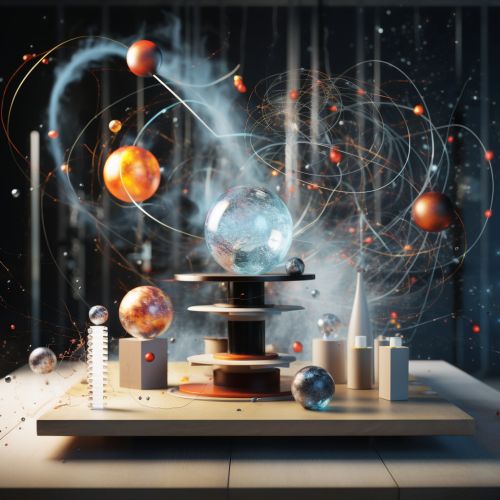
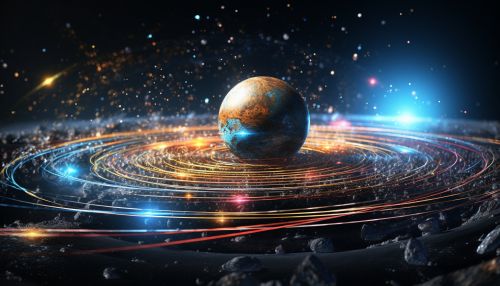
Quantum Field Theory
Quantum field theory (QFT) is the theoretical framework for constructing quantum mechanical models of subatomic particles in particle physics and quasiparticles in condensed matter physics. It is a set of quantum mechanical systems (fields) that can change over time and space.
Quantum Chemistry
Quantum chemistry is a branch of chemistry focused on the application of quantum mechanics to chemical systems. Understanding electronic structure and molecular dynamics using the Schroedinger equations are central topics in quantum chemistry.
Quantum Technology
Quantum technology is a new field of physics and engineering, which transitions some of the properties of quantum mechanics, especially quantum entanglement, quantum superposition and quantum tunnelling, into practical applications such as quantum computing, quantum sensing, quantum cryptography, quantum simulation, quantum metrology and quantum imaging.
Quantum Information Science
Quantum information science is an area of study based on the idea that information science depends on quantum effects in physics. It includes theoretical issues in computational models as well as more experimental topics in quantum physics including what can and cannot be done with quantum information.
